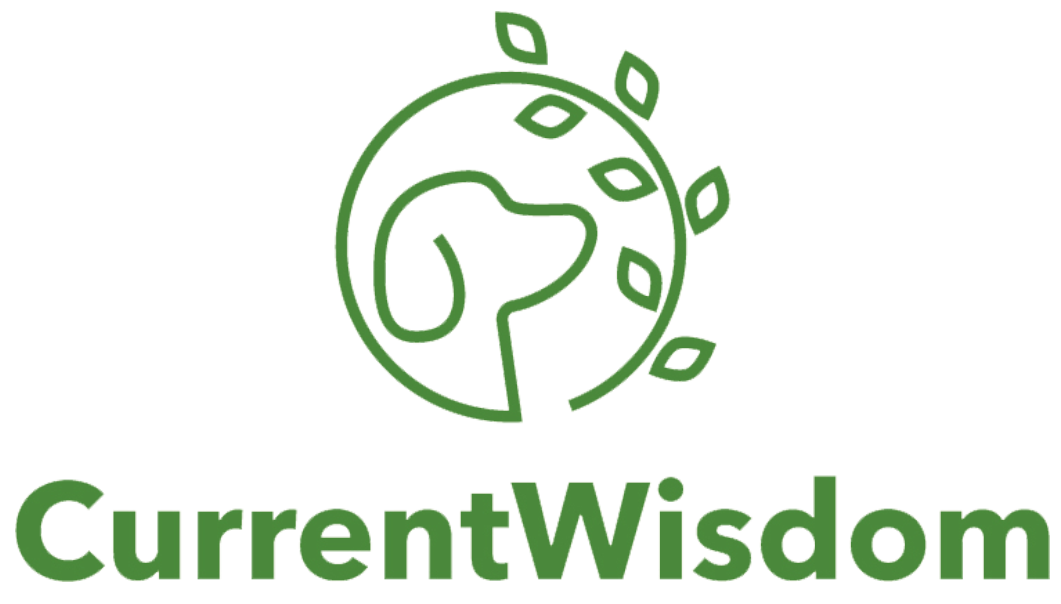It All Changes When The Founder Drives A Porsche
I wrote the following back in 2010. A friend brought it up recently, and with the news about Foursquare’s raise breaking today and the changes Groupon has faced over the years, it just seemed appropriate to revisit.
Groupon did something that all entrepreneurs, in their heart of the hearts, wishes they could do: spur the big acquisition offer and go for it.
I got home from Graphicly HQ today around 4pm. It had been a long week, but ended nicely. To celebrate, I took a three hour nap. At about 7pm, I woke up, walked over to the laptop, and started to work again.
While, I was plugging away, a flurry of tweets flew by, each with a version of “what the hell is Groupon thinking?”
My reaction: “It all changes when the founder drives a Porsche.”
When Twitter was contemplating a sale to Facebook for $500mm, I was talking to a VC friend of mine. The conversation went like this:
Me: “What the hell is Ev thinking?”
VC: “Well, he drives a Porsche.”
Me: “Are you saying that the Porsche is unable to navigate to Facebook’s offices so he can collect his bags of cash?”
VC: “Founders make different decisions when money doesn’t matter. He doesn’t have to sell, so he can wait. He can do what he thinks is right for the business. He can focus on his legacy.”
Since then, the issue of founder cash-outs has fascinated me. How does it effect the ability of the founder to execute? Is it a detriment? Or is it the difference between the success of the mega-wins and the “just wins” (so many of the $25 — $125mm acquisitions we have seen over the years.)
During “AngelGate,” an email my friend Chris Sacca leaked. In it, he wrote:
4) Earliest stage founder cash-outs. Among efforts from others, we talked about my recent projects to get very early stage founders some liquidity. Traditional VCs have rarely been inclined to give founders any ability to cash out claiming it makes them less “hungry”. As someone who, just five years ago, had net worth of exactly zero dollars, I remember the difference between being “panicked” and “hungry”. As I have invested in more and more companies, I have learned that many founders would benefit dramatically from even the smallest amounts of cash (ed: emphasis mine) (compared to the overall deal size). I have worked hard to get my founders as little as $25,000 to pay off credit cards and student loans. Or, in a small deal that closed this week, I was able to get a founder the money so he can pay for his wedding and not have to worry about taking on debt. I, and the other investors in this group who do the same thing, feel good about helping our founders in this way.
What Chris outlines is very different than the money the Groupon founders took off the table when DST and Battery invested $135mm to solve “the money problem.” In Chris’ case, he is trying to keep the founders focused on the business, not on their climbing debts or horribly inadequate lifestyle.
With Groupon, with the money problem solved, they can “go for it.” The motivation for a big exit is no longer motivated by “how much money can I get,” it is motived by “what is my legacy.” That simple shift makes their rejection of Google’s $6B offer not that surprising.
Mark Zuckerberg turns down Yahoo!’s $2B offer. They had raised enough money at that point, that clearly Mark had taken some off the table. He is also interesting in that it appears he has never been motivated by money (he turned down $950k and a job offer from MSFT in high school).
Ev Williams — sold Blogger. Not needing money, rejects Facebook’s offer.
Dennis Crowley (sold Dodgeball) and Naveen Selvadurai — took a couple of million of dollars each off the table in their last financing. And rejected a rumored $125 million acquisition offer from Yahoo. (ed. in 2015, the number was rumored to have grown to $900 million.)
And now, Andrew Mason and crew have turned down a $6B offer from Google.
Surprised? Nah, the founder drives a Porsche.
I have no idea if Ev, Andrew, Dennis/Naveen or Zuck drive Porsches. They could ride very nice SF hipster fixies for all I know or care.
BTW, another example is it was rumored when Snapchat raised their Series B that the founders took $10 million each off the table. They have since raised approximately $1.2 billion at a $20 billion valuation. Along the way, they reportedly spurned a $3 billion offer from Facebook. Evan apparently drives a Ferrari.
The companies listed above:
Twitter is now public with a market cap of $13 billion; (26x over the Facebook offer)
Groupon is now public with a market cap of $1.7 billion; (1/3 of the Google offer)
Foursquare has raised a total of $166 million, and has 60 million users;
Facebook is now public with a market cap of $270 billion; (135x over the Yahoo offer)
Snapchat has raised $1.2 billion and has 200 million users.
Guess I need to buy a new car.
